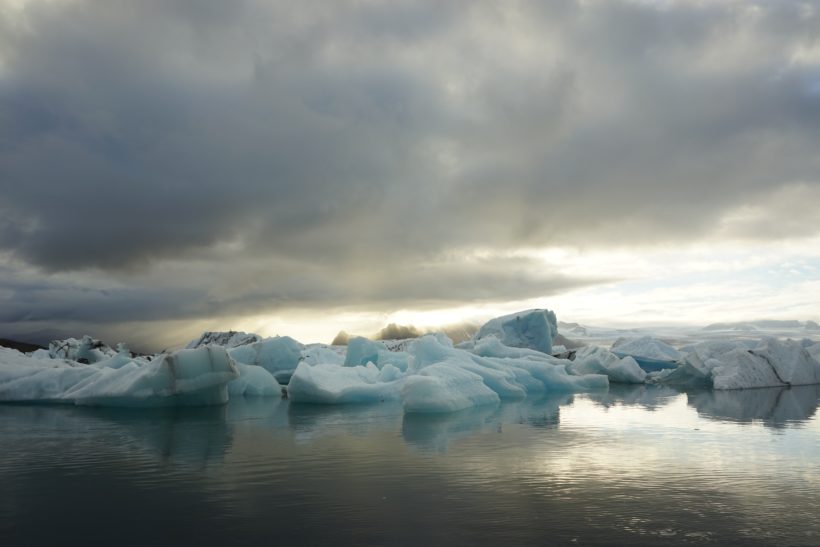Climate change is the process of long-term shift in global and regional weather patterns as a result of continued anthropogenic (man-made) carbon emissions. Originally theorized in the late 19th century by Swedish chemist and Nobel laureate Svante Arrhenius, climate change’s existence and cause were confirmed by American scientist Roger Revelle in 1957. Since then, climate change has been widely studied, with a consensus formed amongst 97% of the world’s scientists that the use of fossil fuels is causing rapid warming changes to the Earth’s climate.
Greenhouse gases released through industrial, agricultural and commercial processes have accumulated in the Earth’s atmosphere, reducing the planet’s ability to efficiently reflect the sun’s radiation – the greenhouse effect. This radiation is then trapped within the atmosphere, where it slowly accumulates and continues to warm the planet, leading to global warming and a range of environmental impacts. In recent years, the impacts of climate change have become more pronounced, including but not limited to large scale droughts, abnormally warm weather and fires, melting glaciers, and an increase in frequency of severe storm events and hurricanes.
Driven by the continued emissions of carbon dioxide and greenhouse gases, these impacts will worsen and irreparably alter the environment. The impacts that are currently affecting the planet are the product of carbon emissions released over the past several decades, with the greenhouse gases produced now set to affect future generations. We are currently in the midst of an unprecedented ecological collapse, and the continued degradation of the planet through climate change will compromise the Earth’s ability to support most ecosystems.
The Intergovernmental Panel on Climate Change (IPCC), was formed in 1988 with a mandate centered around studying man-made climate change, its causes, the impacts it may have on a social, economic, political, and environmental scale – and how to effectively mitigate them. It has campaigned for a global decrease in greenhouse gas emissions, the adoption of sustainable energy, and the continued research into new technologies capable of reducing our reliance on fossil fuels.

